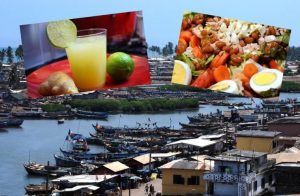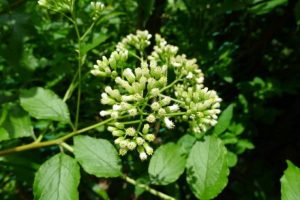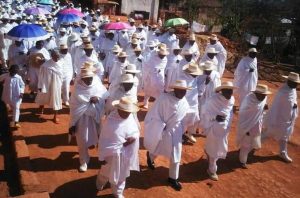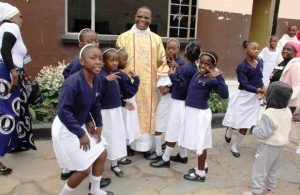An unprecedented event: Sonia Guajajara is the first indigenous woman to be appointed a minister in the history of the country. She assumes the direction of the “Ministry of Indigenous Peoples”, recently created by Lula, the current president of Brazil.
In the afternoon of January 11, 2023, Sonia Guajajara, of the Guajajara/Tenetehara people of the Indigenous Territory of Araribóia, in the State of Maranhão, was sworn in in the Planalto Palace as Minister of Indigenous Peoples – MPI, recently created by the President of Brazil, Luiz Inácio Lula da Silva.
On the occasion of her appointment, she said: “I am very honoured and happy with my nomination as Minister. Rather than a personal achievement, it is a collective achievement of the indigenous peoples, a historical moment of the principle of reparation in Brazil. The creation of the Ministry is a confirmation of Lula’s commitment to us”.
In his speech at the Planalto Palace, he thanked President Lula and the First Lady, Janja, “for their courage and audacity in recognizing the strength and role of indigenous peoples at this time when it is so important to recognize the protagonism of indigenous peoples in environmental conservation and climate justice, creating this Ministry without precedent in the history of Brazil”.
Recalling the 500 years of resistance of indigenous peoples against violence, attacks and violations of their rights, and starting from her own life story, the new minister for indigenous peoples expresses the desire to “contribute to the reconstruction of democracy in this country”.
Indigenous people “are in the cities, in the countryside, in the jungle, in the most diverse professions imaginable. We live in the same time and space as all of you, we are contemporaries of this present time and we are building the Brazil of the future because the future of the planet is ancestral”.
Sonia highlights the invisibility, racism, inequality and under-representation of indigenous peoples in political decision-making spaces.
As for the challenges that indigenous peoples have to face in Brazil, the new minister spoke of the need to think about policies for health, sanitation, education, security and the fight against invasion, pollution and the deforestation of traditional lands and conservation units by land grabbers and miners. “Indigenous lands, territories inhabited by other traditional peoples and communities, and conservation units are essential to stop deforestation in Brazil and fight the climate emergency that all humanity faces,” she stressed in one of the points of her speech.
“Today, with this Ministry of Indigenous Peoples, you are witnessing an even greater step and we hope, with this, to affirm our existence and our protagonism. The Brazil of the future needs indigenous peoples. All that is traditionally called culture among Brazilians means for us all that we are”, said Guajajara, referring to the fact that this ministry “belongs to all the indigenous peoples of Brazil, as a heritage of the Brazilian people, because every living indigenous person represents a guardian of the climate of the Mother Earth”.
The new minister announced the re-creation of the National Council of Indigenous Policy, which “guarantees equal participation between the indigenous representatives of all Brazilian states and federal executive bodies”. The MPI will also host the FUNAI – National Foundation of Indigenous Peoples, created in 1967 to assist in the health, protection, inspection and study of the indigenous reality in Brazil.
Sonia concluded her speech by stating that “we know it will not be easy to overcome 522 years in 4. But we are ready to make this moment the great recovery of the ancestral strength of the Brazilian soul and spirit. Never again a Brazil without us.”
(Photo: @leo.otero – REPAM)






